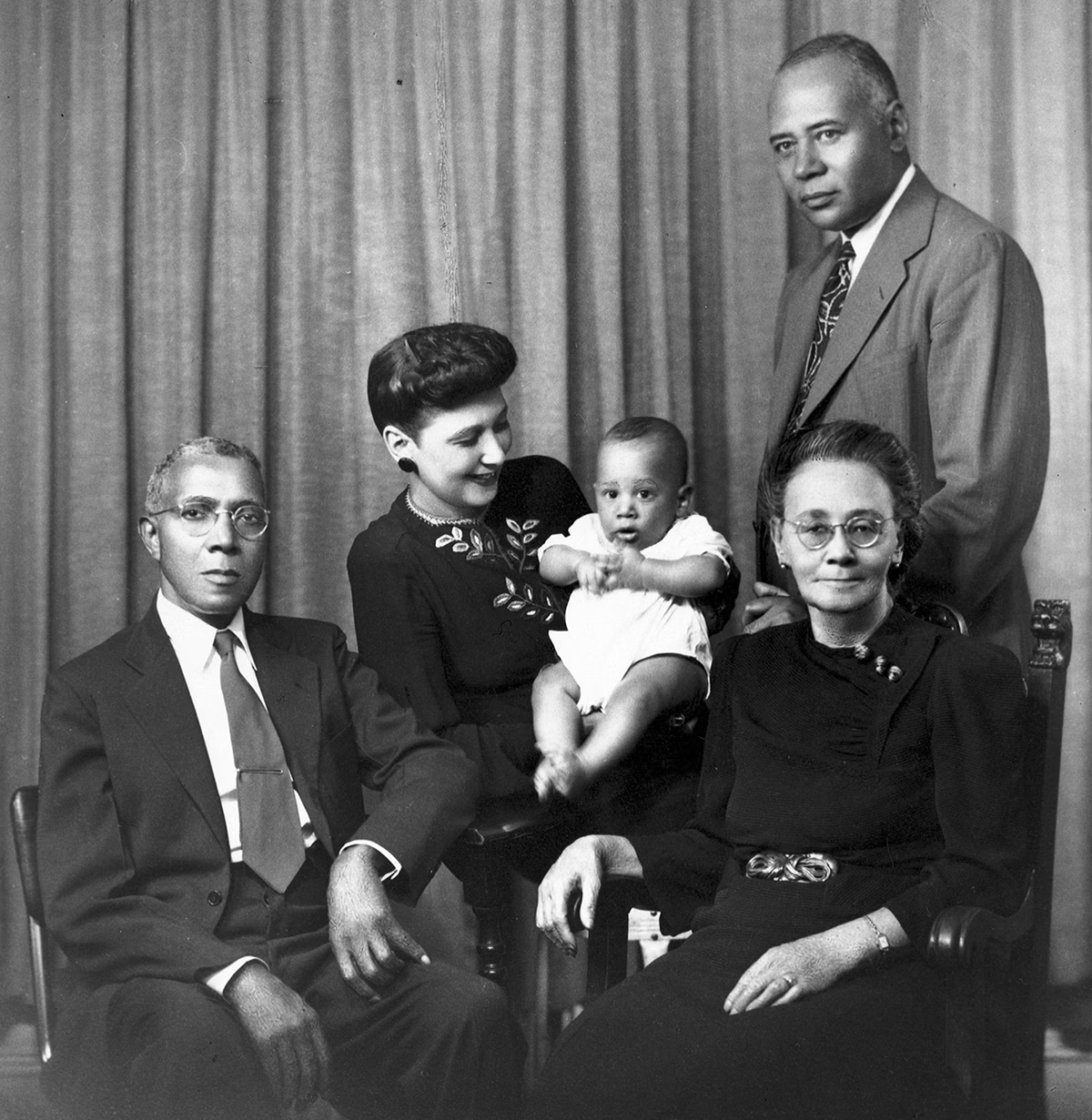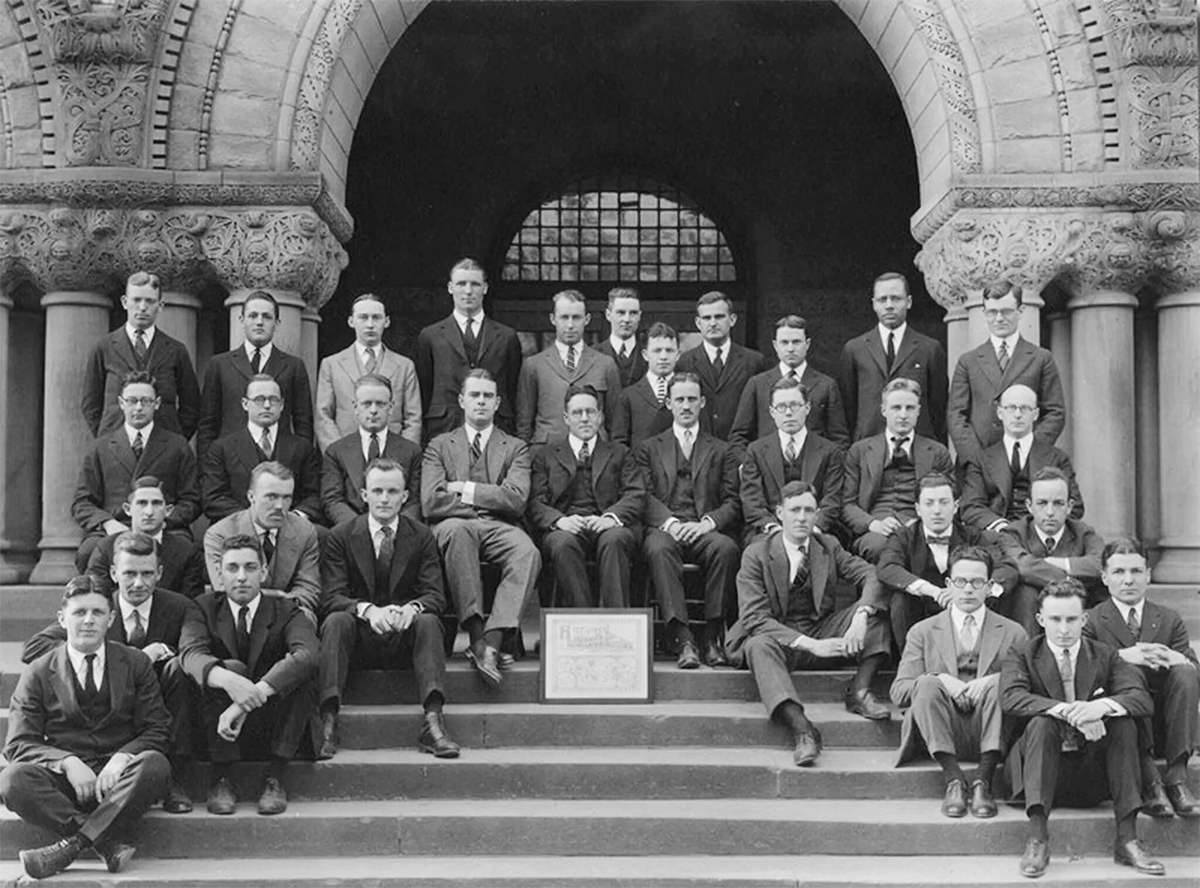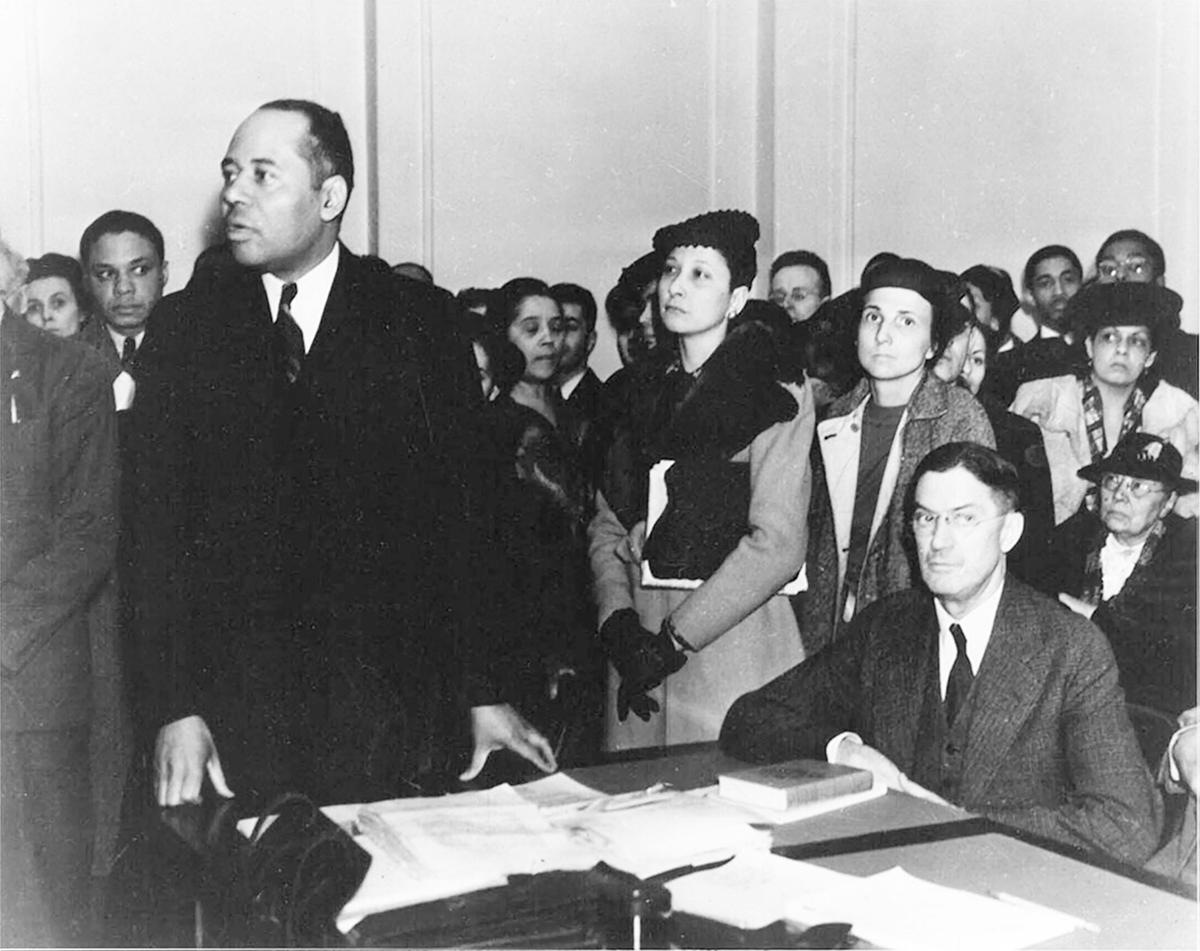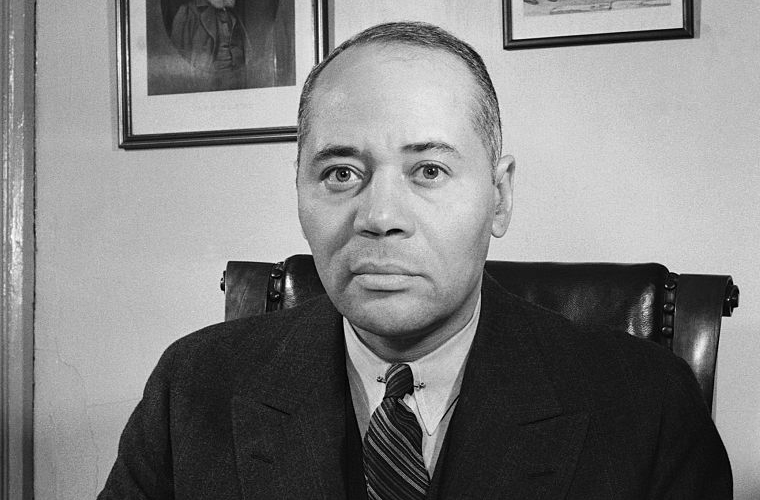]Charles Hamilton Houston was a pioneering civil rights lawyer and educator who devoted his life to the struggle for racial equality in the United States. Born in Washington, D.C. in 1895, Houston was the son of William Le Pré Houston, a prominent lawyer, and Mary Hamilton Houston, a teacher. Houston’s family was well-educated and financially stable, and they placed a high value on education.

After graduating from Amherst College in 1915, Houston served in World War I as a second lieutenant in the U.S. Army. He then attended Harvard Law School, where he studied under the tutelage of the eminent legal scholar Roscoe Pound. Houston was one of only a few African American students at Harvard Law School at the time, and he faced significant discrimination and prejudice.
Despite these challenges, Houston excelled in law school, graduating cum laude in 1923. He went on to practice law in Washington, D.C., specializing in civil rights cases. He also became involved in politics, working as a special assistant to the U.S. Solicitor General and advising President Franklin D. Roosevelt on civil rights issues.

In 1935, Houston was appointed as the first special counsel for the National Association for the Advancement of Colored People (NAACP), the leading civil rights organization in the United States. In this role, Houston played a crucial role in developing and implementing legal strategies to challenge segregation in schools and public accommodations.
One of Houston’s most famous cases was Murray v. Maryland (1936), in which he successfully argued that the University of Maryland School of Law was required to admit an African American student, Donald Gaines Murray, who had been denied admission on the basis of his race. This case paved the way for the desegregation of other public institutions in Maryland and beyond.

Houston also played a leading role in developing the legal strategy for the Brown v. Board of Education case, which challenged segregation in public schools. Houston argued that segregation violated the principle of “equal protection” guaranteed by the 14th Amendment to the U.S. Constitution. Although Houston died before the Brown v. Board of Education decision was handed down in 1954, his work was instrumental in achieving this landmark victory for civil rights.
In addition to his legal work, Houston was also a prominent legal scholar and educator. In 1924, he became the first African American on the faculty of the Howard University School of Law, where he emphasized the importance of using the law as a tool for social change. Houston mentored a generation of civil rights lawyers and activists, including Thurgood Marshall, who went on to become the first African American justice of the U.S. Supreme Court.
Houston died of a heart attack in 1950 at the age of 54. Despite his premature death, his legacy continues to inspire generations of lawyers and activists who are committed to achieving racial equality and social justice.

